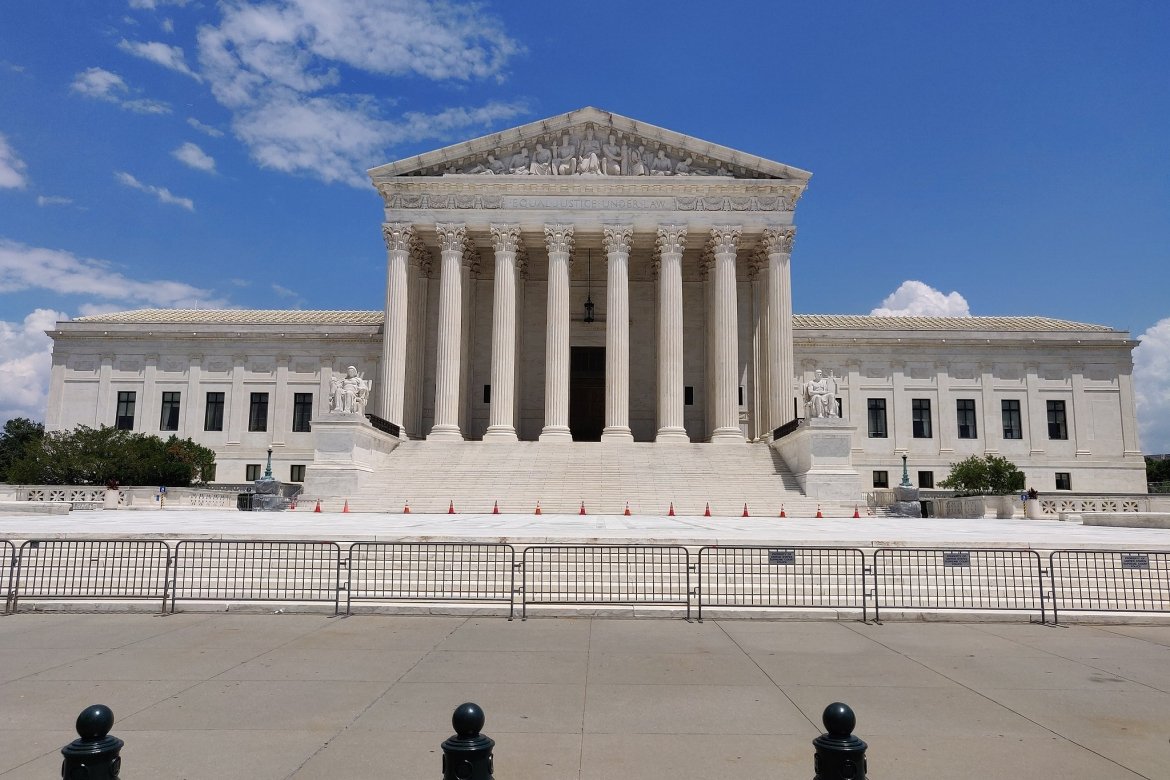Colleges plan for possible end to affirmative action

Mount Holyoke President-elect Danielle Holley spoke to Reuters about how colleges and universities are preparing for the end of affirmative action.
With the Supreme Court decision on affirmative action in higher education expected at the end of June, prospective and current students across the country are grappling with the expected overruling. Currently in use today as one factor among many for admission, affirmative action refers to policies that favor people belonging to disadvantaged demographics in areas of hiring, student admissions and others.
As Reuters reported, “In 1998, the year a voter-approved measure barring the use of race-conscious admissions policies for public colleges and universities in California took effect, the percentage of Black, Hispanic and Native American students admitted at two of the state’s elite public schools plummeted by more than 50%.” To lessen the impact of losing affirmative action, higher education institutions across the country are “drafting strategies to expand their recruitment of diverse applicants, remove application barriers and increase the rate of minority students who accept their admissions offers.”
Some institutions plan to rely more heavily on student essays, while others will rely on high school counselor relationships to broaden applicant pools. Measures to waive fees and standardized testing and improve financial aid packages are also effective in boosting minority enrollment.
But as administrators work to circumvent bans on race-conscious admissions policies, they may encounter their own legal challenges.
President-elect Holley told Reuters, “We’re likely to see a whole new generation of lawsuits arise from the new admission standards that will be adopted by colleges and universities.”
